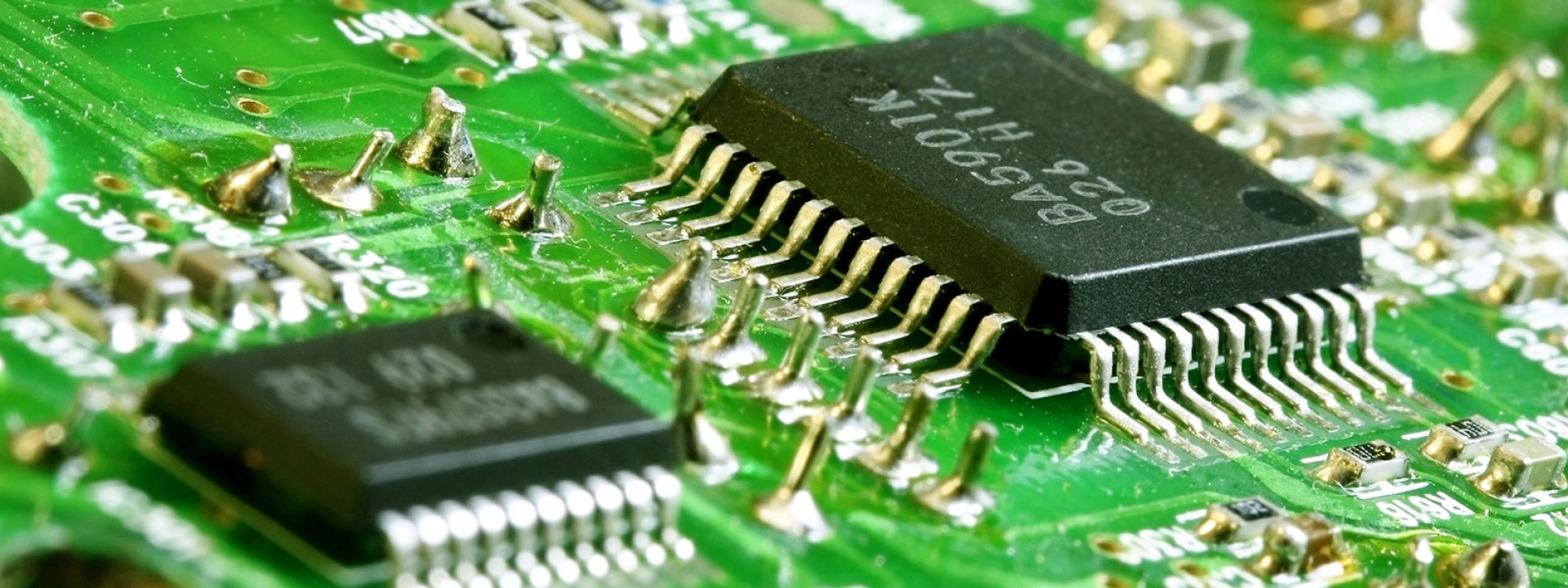News & Events
TAIPEI — Samsung and Taiwan Semiconductor Manufacturing Co. (TSMC) are poised to widen their IC manufacturing lead in the chip industry this year as they outspend rivals in production technology, according to industry watcher IC Insights.
The combined capital expenditures of Samsung and TSMC will reach at least $55.5 billion this year and reach a record high percentage of total semiconductor industry outlays, IC Insights said in a research bulletin this week. With no other companies able to match these huge sums, Samsung and TSMC will likely put even more distance between themselves and their competition this year with regard to advanced IC manufacturing technology, IC Insights said.
“Without extremely quick and decisive action by other IC producers or governments, Samsung and TSMC are well on their way to world domination of leading-edge IC process technology, the cornerstone of all of the advanced consumer, business, and military electronic systems of the future,” IC Insights president Bill McClean said in emailed comments to EE Times.
The increased dominance of the chip industry by the two Asian companies has wide-ranging geopolitical and business implications. In the past twelve months, governments in North America and Europe have started efforts to reduce their exposure to globally stretched supply chains by rebuilding their declining domestic chip industries.
Even so, Samsung and TSMC will probably continue to split the bulk of foundry work requiring advanced process technology as is the case today, according to Wedbush Securities executive vice president Matthew Bryson. The third-largest competitor in the chip industry, Intel, may continue to fall behind, he says.
“In that scenario, Intel would likely continue to cede share or be forced to move fully away from its IDM model,” Bryson said in comments to EE Times. “The more interesting question is what happens if Samsung takes a leadership position at some point and uses any manufacturing advantage in a manner that is preferential to its products vs. foundry customer/competitors.”
Samsung, unlike TSMC, makes chips and branded products such as smartphones and televisions. TSMC’s only business is making semiconductors for customers that range from Apple to Xilinx. As an integrated device manufacturer (IDM) largely dedicated to its internal needs, Intel’s business model is somewhat dissimilar to both Samsung’s and TSMC’s.
In the U.S., legislators have in the past 12 months proposed measures to revitalize the domestic chip industry, the American Foundries Act of 2020 (AFA) and the Creating Helpful Incentives to Produce Semiconductors (CHIPS) act. AFA would provide grants to U.S. states to help expand commercial chipmaking facilities while CHIPS would mainly fund projects run by the Pentagon and other government agencies. Funding for the AFA would be approximately $25 billion while CHIPS comes in at about $12 billion.
Those efforts may not be enough to jumpstart the U.S. industry, which once led the rest of the world in semiconductor production, according to McClean.
“Governments would need to spend at least $30 billion per year for a minimum of five years to have any reasonable chance of success. For China, even if the money were available, they would certainly be hindered by trade issues prohibiting some of the most critical pieces of process equipment from being sold into the country.”
Samsung and TSMC will each spend about $28 billion this year to expand production and develop new process technology, according to IC Insights.
The government-led efforts around the world will not have great success, according to McClean. Europe has a long history of various chip consortia that have never helped European companies keep up with leading-edge technology, he said. “At this point, it is likely to be too little too late.”
Governments will need to work with private-sector companies, but at this point, it’s not clear whether the support will be in the form of incentives to TSMC and Samsung to invest in the US and Europe, funding for domestic manufacturers or a combination of both approaches. Samsung and TSMC have announced plans to invest more in the U.S. while they lobby for government incentives. The cost of manufacturing in the U.S. is higher than in Asia.
“I would expect the U.S. will generally work to act in a more friendly manner towards semiconductor manufacturing, but I would not be surprised if some of the efforts are targeted specifically towards domestic firms,” Bryson said. “I’m less certain with regards to European policy.
“It’s far easier for me to believe that Europe and the U.S. will act in ways to incentivize companies investing in facilities in their geographies and thereby gain domestic manufacturing, vs leading technology development. Even China appears to be acting in a similar manner through policies and investment that benefit domestic manufacturers (SMIC, YMTC, CXMT) vs developing product exclusive of private industry.”
In addition to the funding hurdles, China will likely face an added difficulty building up its chip industry, according to IC Insights. The U.S. Biden Administration will probably maintain the strict controls on exports of chipmaking technology to China that began with former President Donald Trump.
“The Biden Administration has not backed off one bit,” according to McClean. “There is as much support for continuing the export controls now in place by both Democrats and Republicans as when Trump was in office. The outcomes of a continuation of these trade sanctions will be to stymie China’s efforts at becoming more self sufficient in IC supply and dash all hopes of catching Samsung and TSMC in the technology race.”
In TSMC’s case, the U.S. government may have reservations about the possibility that China could eventually take control of Taiwan, according to McClean.
“China has always considered Taiwan to be a part of China. If it really was pushed into a corner, would China exercise some ‘sovereign’ authority over TSMC? There is always that risk, and that has to scare the U.S. government.”
By LEDinside






